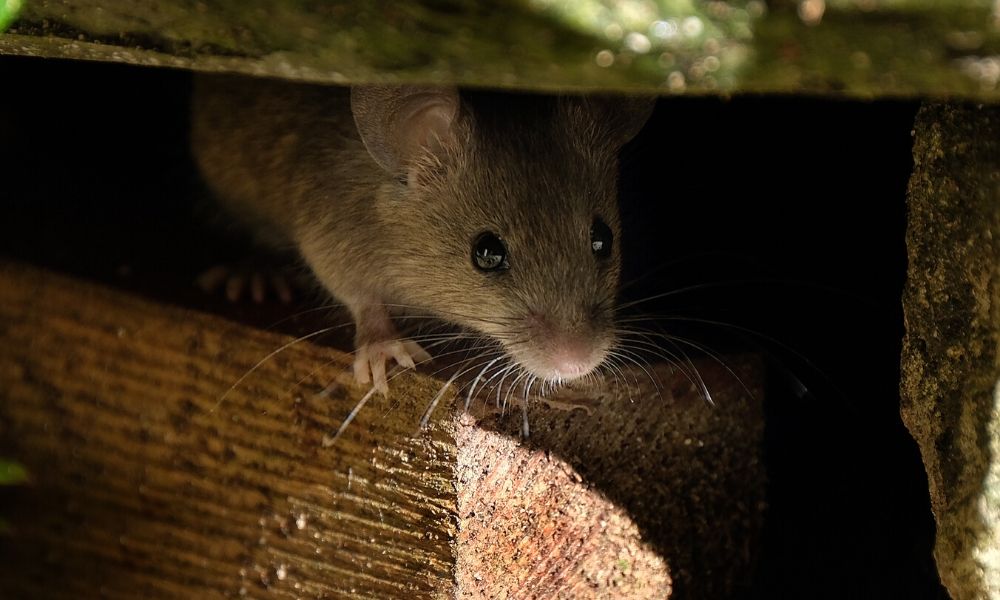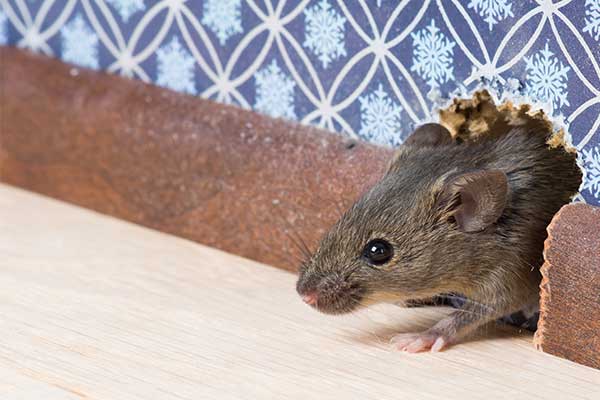
While mice may seem harmless, you must prevent them from invading your home. Once these rodents get inside, they can cause serious damage and pose health risks to those who live in your home. Keeping your home clean, healthy, and safe and taking steps to prevent a mouse infestation is the best way to control these pests. But if you are dealing with a serious infestation, your local pest control company can handle the problem for you.
Steps to Take to Prevent Mice from Getting into Your Home

To keep mice out of your house, you need both physical barriers and maintenance. Below are strategies you can employ:
- Install door sweeps. To seal gaps between your door and the threshold, put door sweeps on the exterior door. This way, mice cannot sneak inside.
- Screen openings. Openings and vents should be covered with quarter-inch mesh to ensure mice do not have entry points.
- Repair broken window screens. Repairing holes in window screens can keep mice out.
- Seal gaps and cracks. Check your house for gaps, cracks, and holes in floors, walls, and foundations. Use caulk or steel wool to seal such openings, denying mice entry.
- Store food properly. Food items, including pet food, should be kept in airtight containers to deny rodents a possible source of food.
- Fix leaky faucets. Mice can chew through your belongings easily in moist places. To prevent this from happening, make sure to fix leaky pipes.
- Trim vegetation. Trim bushes, shrubs, and trees away from your house to get rid of possible mice hiding places and entry points.
- Store firewood away from the house. As mice like to create nests inside firewood, it’s best to keep your stack of firewood at least twenty feet away from your house. Also, make sure to elevate storage.
Why Mice Should Not Be Allowed Inside Your House
Having mice in your house can result in different unpleasant consequences. These consequences include the following:
- Health risks. Mice are carriers of pathogens that can cause diseases like salmonella, leptospirosis, and hantavirus. Mice urine, droppings, and fur can also contaminate food and surfaces, posing serious health risks to people.
- Property damage. Mice tend to gnaw on insulation, electrical wires, and structural materials, resulting in expensive repairs and fire hazards. Also, they damage belongings like clothing and furniture by nesting and chewing.
- Reproduction rates. A female mouse can produce dozens of offspring every year. Not addressing a mouse problem lets their population grow rapidly, making elimination harder.
Although DIY mice prevention methods can help, it is usually best to hire the services of a pest control company. This company has professionals who possess the expertise, knowledge, experience, and tools to address a mouse problem, ensuring this problem won’t recur in the future.




